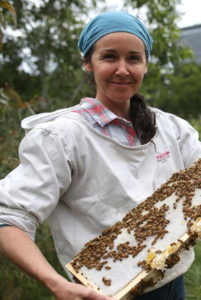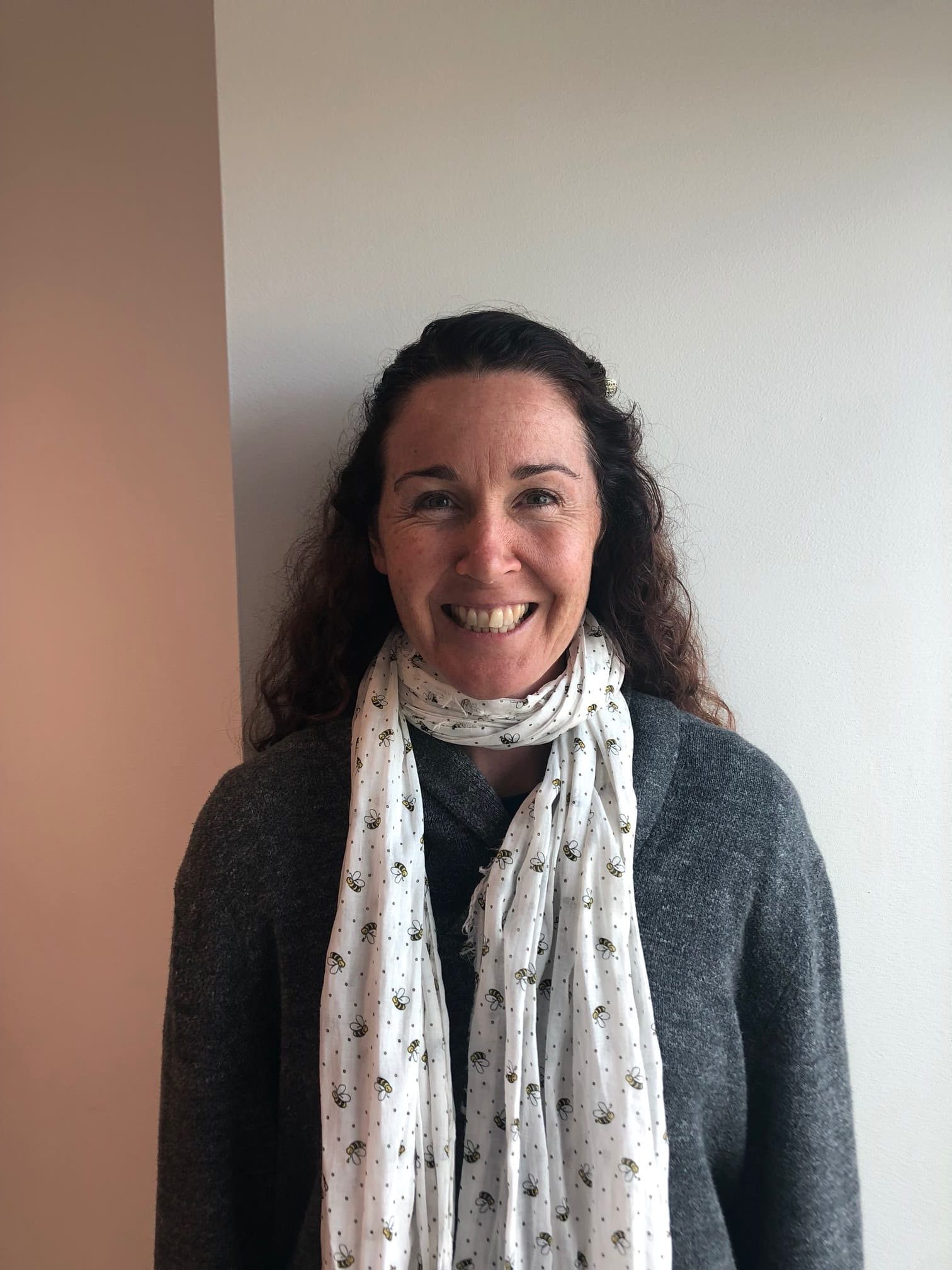Give us a bit about your background?
I grew up on a bee farm in New Zealand, where my grandparents and father ran a successful honey business. I have very fond memories of growing up on the farm but I never had any intention of becoming a beekeeper.
After moving across the ditch to Australia and wanting to avoid working in hospitality while I was at University, I landed a job with esteemed researcher Dr Rob Manning who encouraged me to revisit my beekeeping roots.
Fast-forward a few years and I’ve carved out an incredibly fulfilling and rewarding career within the industry, exploring beekeeping, queen breeding and academia learning from some of the absolute legends of the industry like Rob Manning, Colin Fleay, Ronnie Clarke and John Davies along the way.
I even started my own queen breeding business which I later sold to join the University of Western Australia as a research officer.
What drew you to an interest in bees?
Even though the beekeeping industry is in my blood, I made sure I took the time to travel the world and explore all the paths I could take in life.
As it turned out, life took me back to beekeeping and I haven’t looked back since.
What I realised is that honey bees are remarkable and will be endlessly interesting to work with for a lifetime.
Along the way, I have met some of the most interesting, passionate and intelligent people and I’m proud to be part of this community and an industry that has such a significant impact.
Can you talk us through a typical working day for you?
I definitely do not have a typical work day – and that’s why I love what I do!
In a nutshell, my role as a research officer is about translation and communication. I serve as a liaison between the industry and researchers and with my experience working in the field, I try to bring together these two groups (who often speak two different languages!), together on the same page.
I work with beekeepers to determine what the most pressing issues in the industry and then work with researchers to determine how we can solve those problems for beekeepers. It’s incredibly rewarding!
My days can be unpredictable. Particularly in the spring time, most of my time is spent out in the field working closely with both beekeepers and researchers to ensure projects are working towards objectives that will benefit the industry.
And whilst the variability is exciting, on the flip side, there is also a strong theme of seasonality, which ebbs and flows as the weather changes. This allows us to ensure that the daily unpredictability is balanced by forward planning!











